Spanish Version | Round Four: The Spell Remains (1974-2016)
Muhammad Ali derrota a George Foreman, recuperando el título de peso pesado; después de jubilarse en 1981, viaja por el mundo como símbolo de paz y esperanza.
Episodes
-

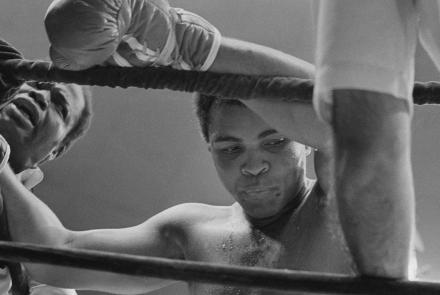
Spanish Version | Round Four: The Spell Remains (1974-2016)
S1 E8 - 1h 39m
Muhammad Ali derrota a George Foreman, recuperando el título de peso pesado; después de jubilarse en 1981, viaja por el mundo como símbolo de paz y esperanza.
-

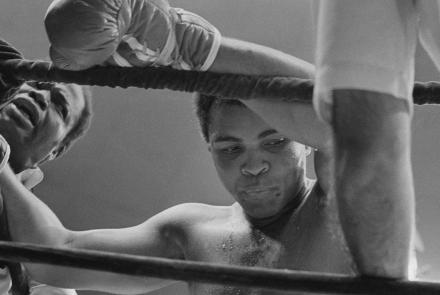
Round Four: The Spell Remains (1974-2016)
S1 E4 - 1h 39m
Muhammad Ali shocks the world by defeating George Foreman, winning back the heavyweight title and becoming the most famous man on earth. After retiring in 1981, he travels the world spreading his Islamic faith, and becomes a symbol of peace and hope.
-

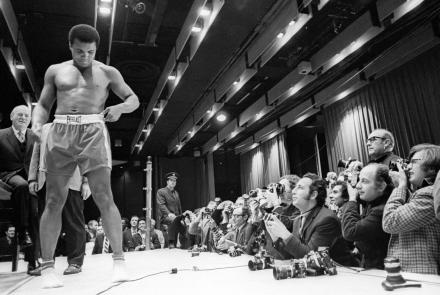
Spanish Version | Round Three: The Rivalry (1970 - 1974)
S1 E7 - 1h 50m
Después de su regreso del exilio, Muhammad Ali lucha contra Joe Frazier y el gobierno de los Estados Unidos mientras intenta recuperar el título de peso pesado.
-

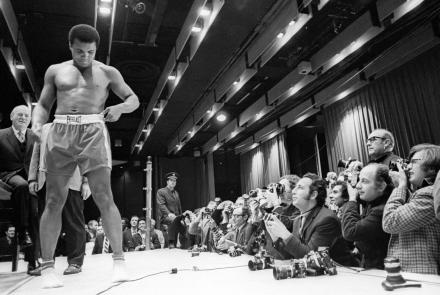
Round Three: The Rivalry (1970 - 1974)
S1 E3 - 1h 50m
Muhammad Ali battles his fiercest rival, Joe Frazier, and the U.S. government, as he attempts to regain the heavyweight title. He first loses to and then defeats Frazier, but to become champion again, he will have to beat George Foreman.
-

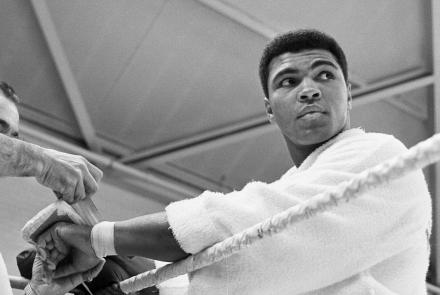
Spanish Version | Round Two: What's My Name? (1964-1970)
S1 E6 - 1h 54m
Cassius Clay se une a la Nación del Islam y toma el nombre de Muhammad Ali; cuando se niega a ingresar en el ejército de los Estados Unidos, pierde su título y se ve obligado a exiliarse.
-

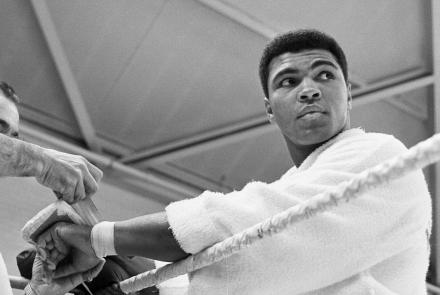
Round Two: What's My Name? (1964-1970)
S1 E2 - 1h 54m
Cassius Clay publicly joins the Nation of Islam and takes the name Muhammad Ali. When he refuses induction into the Army, he is stripped of his title and forced into exile. After three years he returns to the ring, but he’s lost a step.
-

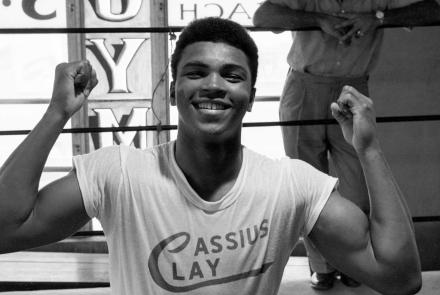
Spanish Version | Round One: The Greatest (1942-1964)
S1 E5 - 2h 9m
El boxeador Cassius Clay asciende desde las filas de aficionados para ganar el oro en los Juegos Olímpicos de 1960 y convertirse en un contendiente por el título del campeonato de peso pesado.
-

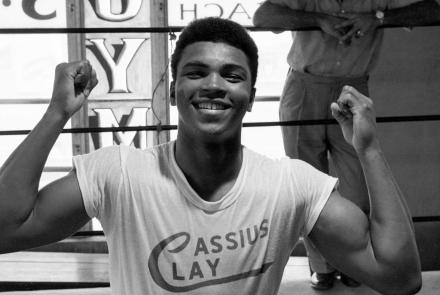
Round One: The Greatest (1942-1964)
S1 E1 - 2h 9m
Boxer Cassius Clay rises up the amateur ranks to win gold at the 1960 Olympics. He turns professional, sharpening his boxing skills and honing his genius for self-promotion. In 1964, he upsets Sonny Liston to become heavyweight champion.
Extras + Features
-
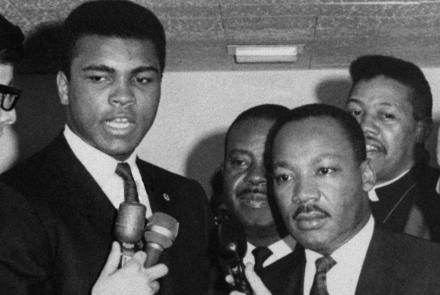
Muhammad Ali Refuses the Vietnam War Draft
S1 E2 - 6m 15s
Prior to his match against Foley, Ali received news he had been drafted to fight in Vietnam. When Ali arrived to be inducted in the United States Armed Forces, however, he refused, citing his religion forbade him from serving. The cost for his refusal would prove to be drastic: the stripping of his heavyweight title, a suspension from boxing, a $10,000 fine, and a five-year prison sentence.
-
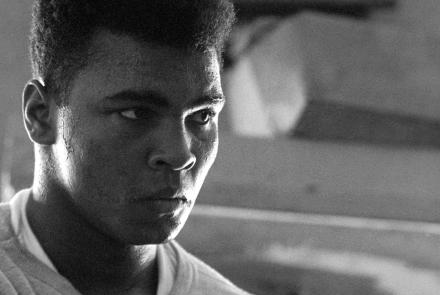
Muhammad Ali's Focus on Racial Justice
S1 E2 - 2m 3s
At a press conference, Muhammad Ali announced his strong consideration for an early retirement, describing how he was tired of boxing and wanted to focus on fighting for racial justice. In America at the time, progress appeared imminent with the signing of the Voting Rights Act of 1965. The road to racial justice, however, was far from over.
-
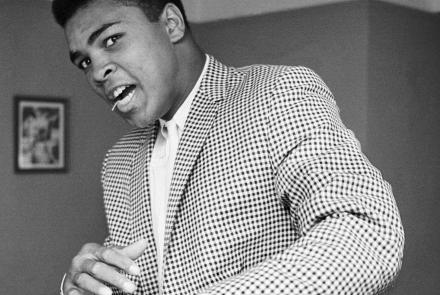
Cassius Clay Begins Training with Police Officer Joe Martin
S1 E1 - 2m 37s
Twelve-year-old Cassius Clay participated in his first amateur fight against Ronnie O'Keefe.
Schedule
Ali in Washington
Ali in Washington
On April 22, 1967, Muhammad Ali visited Howard University in Washington and gave a speech emphasizing Black pride, just days before refusing induction into the U.S. army to fight in the Vietnam War. Howard students were in the midst of their own protests over the war and Howard's identity as a Black university. For student leaders like Tony Gittens, Ali's visit was a turning point.
WETA Passport
Stream tens of thousands of hours of your PBS and local favorites with WETA Passport whenever and wherever you want. Catch up on a single episode or binge-watch full seasons before they air on TV.
Similar Shows


After Auschwitz
History

The American St. Nick
History

Lucy Worsley Investigates
History
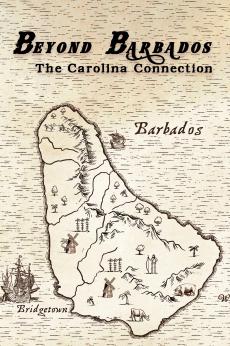

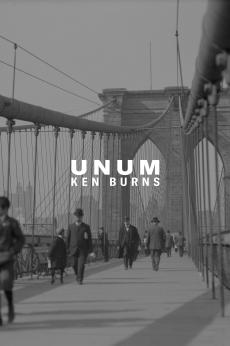
Ken Burns UNUM
History

Frank Lloyd Wright
History

Angle of Attack
History

The Seabees on Iwo Jima
History
